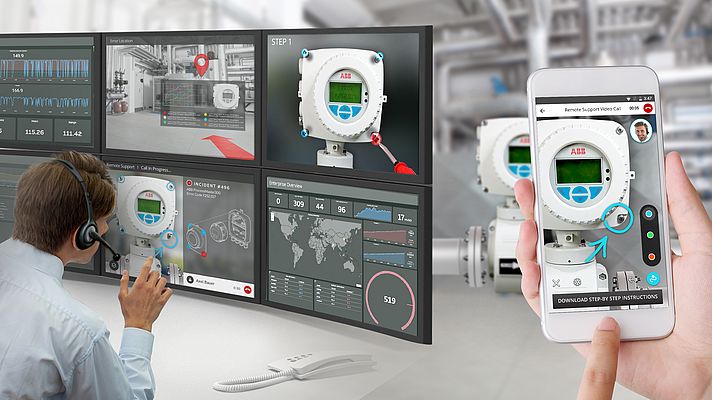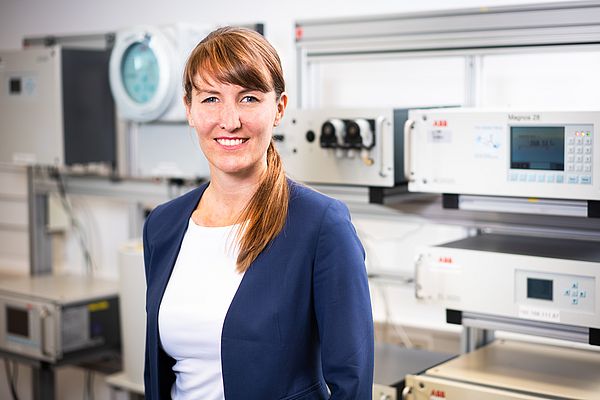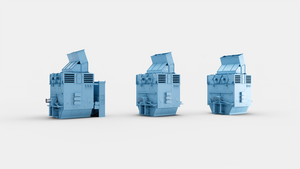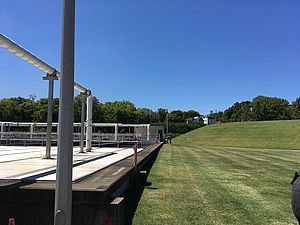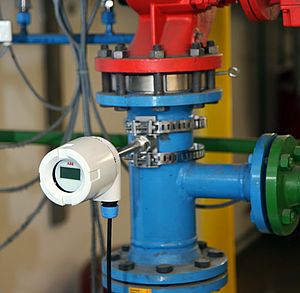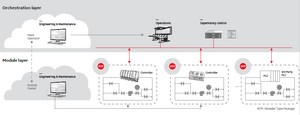IEN Europe: What lessons do you think Coronavirus has taught big industrial players?
S. Busse: The disruption has highlighted the importance of business agility, as well as the need for enterprises to embrace digitalization, making it a priority so that they can reap the benefits across all areas of industry and meet the challenges that the Coronavirus has thrown into the global arena.
Communication is key in times of uncertainty, and being open to finding and using new ways to communicate are essential – with our customers but of course also our employees. Big industrial players have faced the disruption of supply chains, raw materials and of course, the need to meet fluctuating demand. This has meant that they have had to reconsider their priorities and ways of working.
They have learnt that in certain areas remote working is a viable option, which has the added benefit of a more sustainable approach. Remote working has led to an overall reduction in fossil fuel and energy consumption which in turn is helping companies to reduce their carbon footprint.
IEN Europe: What are the main challenges for the present and the future?
S. Busse: Industry’s biggest challenge is adapting to the changing landscape of supply and demand whether in terms of raw materials, production requirements, services or logistics.
Industries also have the challenge of looking at how they can revise their ways of working and reimagining their organizational structures. There are many industries out there which are not yet digitalized, and which have barely begun the process. The Water industry is a good example of one such industry. One of ABB’s biggest day-to-day challenges is going to be finding new ways of working with our customers in these industries where face to face meetings are no longer a reality. On a positive note, this is where we will also be able to help them start their digital journey.
The key challenges that we are committed to support our customers to overcome can be summarized as:
- Shortening the innovation cycle
- The need to change to different business models to create the agility required to meet changing customer expectations
- Move from products to solutions and services
- Switch to automatization and digitization
- Meet new challenges in digital security head on
All these are necessary changes that industry needs to embrace and accelerate to survive. I also personally believe that industry needs to foster far greater collaboration both amongst themselves and with their customers. To some degree this is something which has already begun with Open Process Automation and Open Innovation platforms. These have the potential to open the doors to the new businesses and segments required to meet changing demands and requirements.
The exchange and sharing of knowledge across platforms and industries and the creation of true partnerships will make the innovation process more efficient.
IEN Europe: How to mitigate the impact of the virus on the business?
S. Busse: Looking at new ways of communicating is key. Never has it been more important to listen to our customers so that we can respond with specific and relevant solutions to support them as they move forward.
At ABB we have regular customer engagements by video. In many places around the world, we have experienced tremendous cultural acceptance for this new way of communicating some places we have gone further. Our Corporate Technology team in India recently supported the commissioning of an instrumentation order by arranging carefully controlled remote access to our labs.
We also see a surge in demand for remote support, insight, connectivity, start-up, commissioning and virtual training. Our digital solutions include augmented reality and remote monitoring, that enable ABB experts to see exactly what our end-users have in front of them. This means that together they can work their way through processes to get instrumentation online or troubleshoot.
Our augmented reality solution, ABB Ability™ Remote Insights for Service, is a good example of this. This technology enables our engineers to guide on-site technicians through repair and maintenance tasks without visiting production or manufacturing sites. In the short-term, this is helping us through the global travel restrictions that are in place to ensure health and safety.
Longer term, I see a move towards autonomous operations that can self-diagnose and, in some instances, self-repair. Our engineering expertise will remain vital, but we will be able to apply it differently in the future, developing more data driven solutions. We will spend less time solving problems that occur routinely and more time innovating to do things better.
IEN Europe: The crisis has challenged one of ABB’s Measurement and Analytics core sectors, Oil & Gas. How are you tackling the Oil & Gas crisis? Is it not finally the opportunity to go green?
S. Busse: Whilst we continue to support our customers in the upstream sector, we have been strategically looking at other areas where ABB’s Measurement & Analytics division can make a difference. One of these areas is helping industries to safeguard the environment, an area and topic that is close to my heart.
There is increasing societal awareness at a global level of the need to take substantial measures against climate change and the role that reducing carbon emissions plays in this race. In November of last year, New Zealand became the latest country to pass a law to reduce carbon emissions to net zero by 2050.
Such goals are vital to the continued future of our planet, and industrial automation has a central part to play in enabling the world to reach them. A part of our portfolio of instrumentation, analyzer and force measurement products incorporates technologies that help to reduce energy consumption and monitor and minimize emissions. Our products and solutions are geared towards supporting process automation and therefore efficiency increases, a key element towards a sustainable future.
In addition to emissions, water has traditionally been another key focus area for us. As the population continues to grow, the world is facing a crisis of water resources. Drinking water must continuously meet the needs of population growth. At the same time sewage treatment capacity needs to be improved to prevent pollution on the ecological environment.
Under the premise to provide users with high-quality drinking water and effective wastewater treatment, technical solutions can help upgrade aging water supply facilities and systems which are currently unable to meet growing consumer demand.
The ability to continuously and accurately measure water quality is a key requirement in many processes. ABB’s range of water analysis solutions provide real-time data on process conditions that can be used to improve efficiency, tighten performance and safeguard quality. ABB is making the world’s limited water resources go further, more sustainably in every industry worldwide.
By Sara Ibrahim


